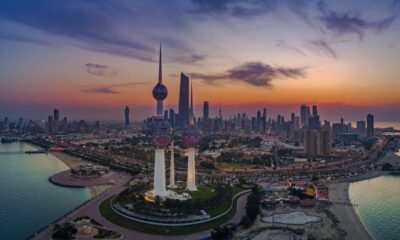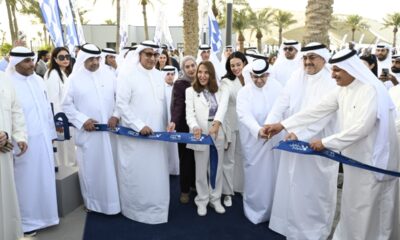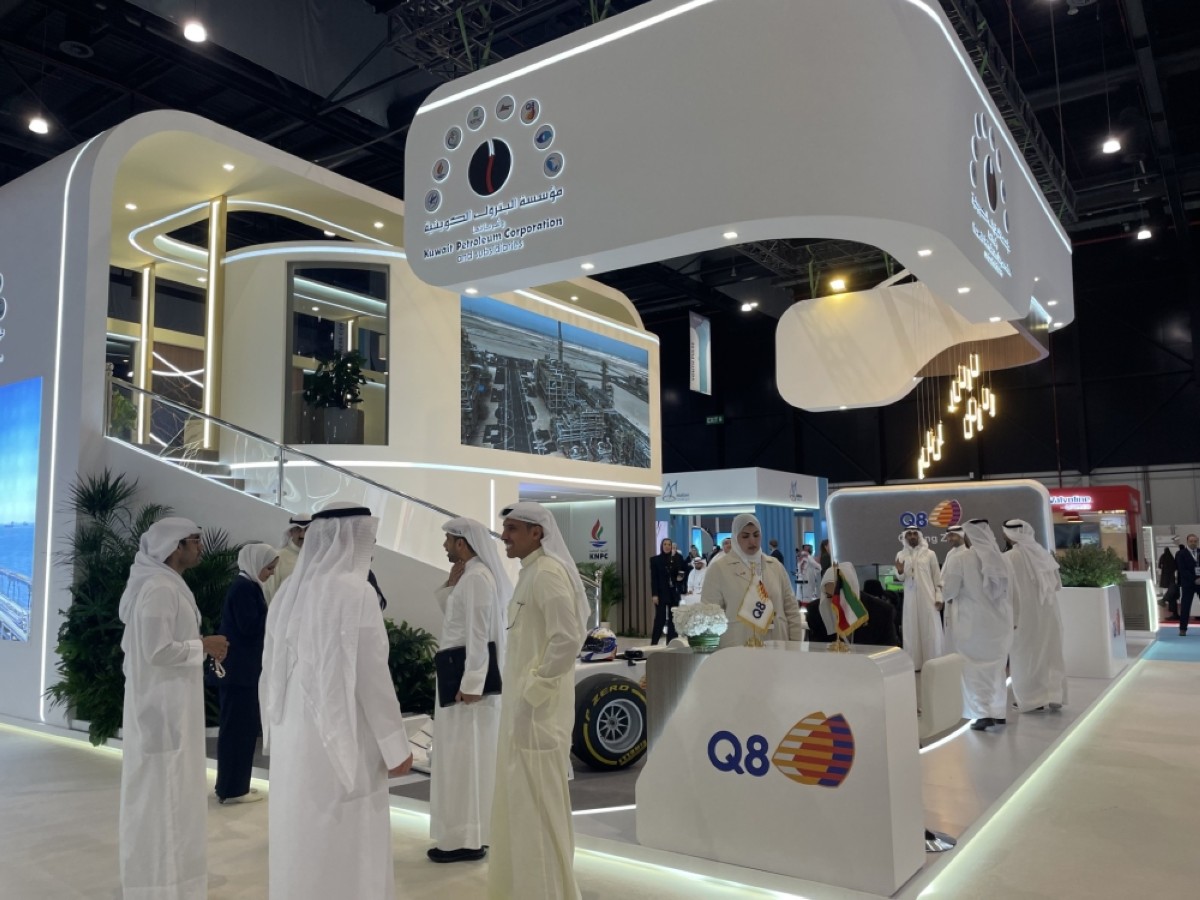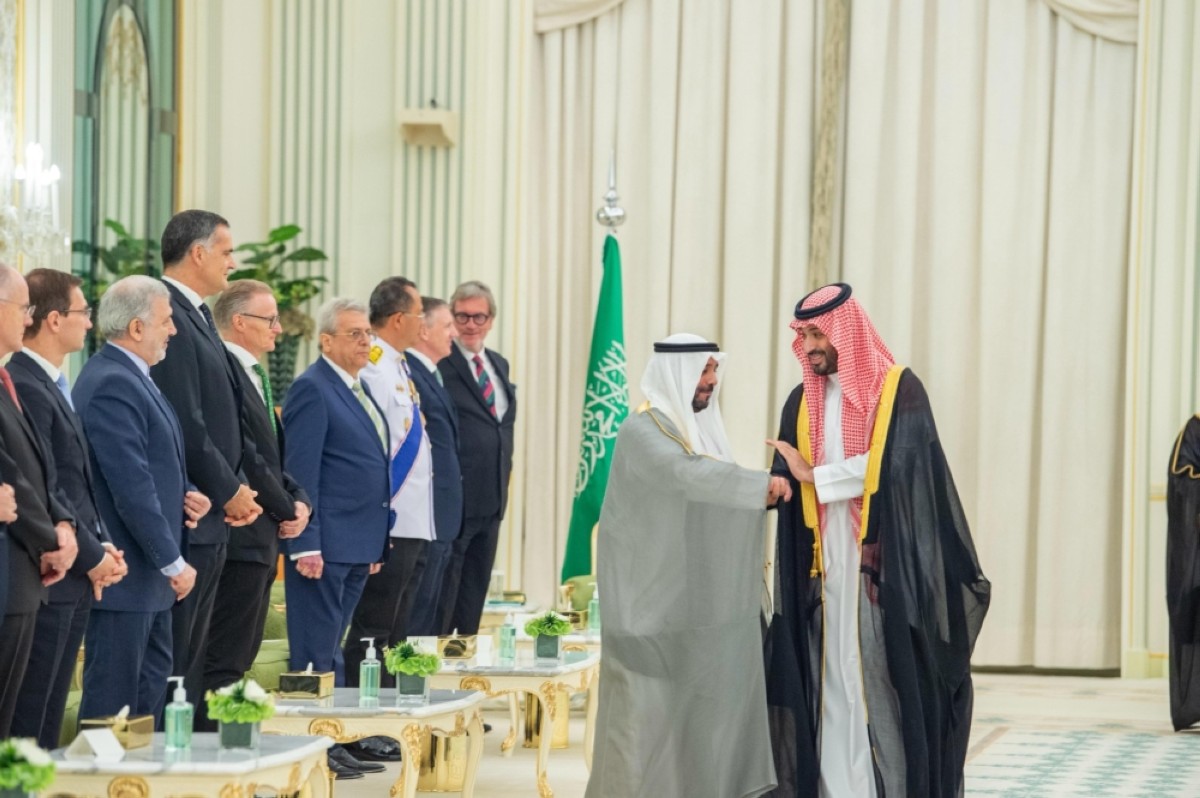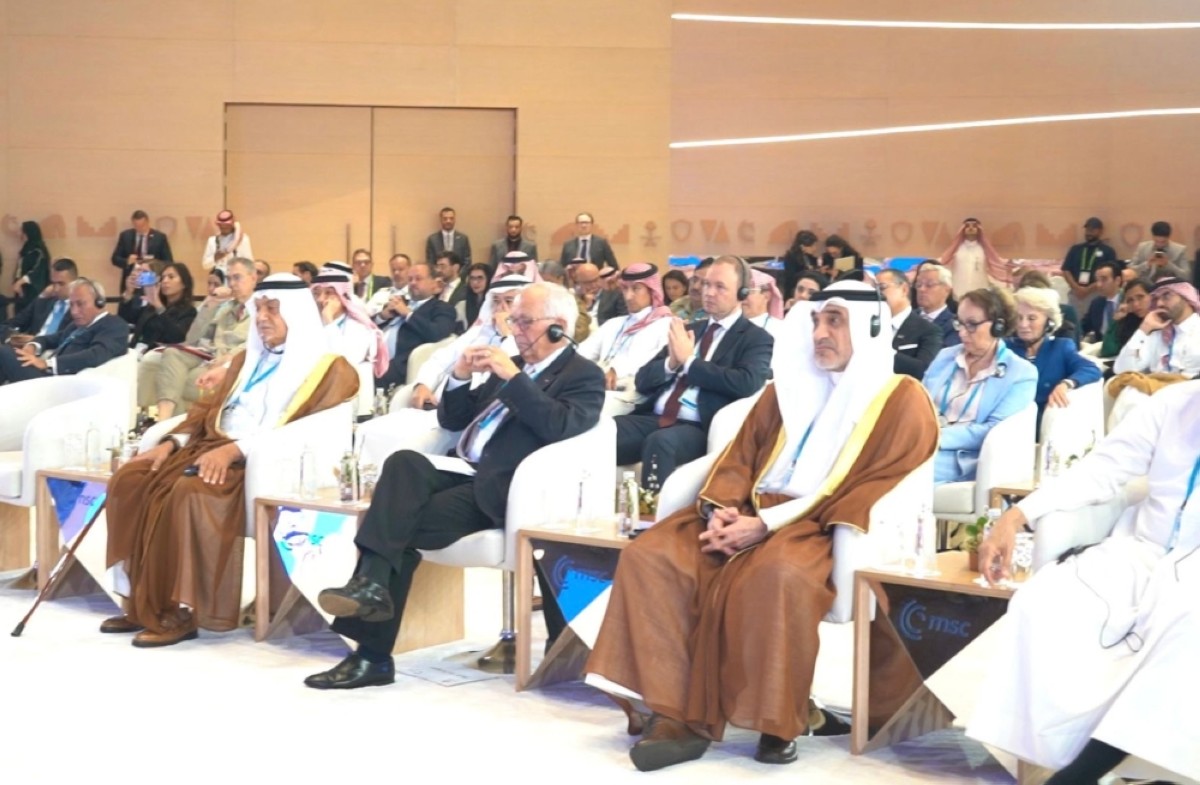KUWAIT: As Kuwait seeks to ease pressure on the grid before the start of a sweltering summer, authorities are cracking down on cryptocurrency miners, who are accused of being a “major” cause of a power crisis that has led to blackouts. OPEC member Kuwait is grappling with a severe power crisis driven by population growth, urban expansion, rising temperatures and delayed maintenance at some plants.
Authorities started a “wide-ranging” security operation late April, targeting homes used for illegal cryptocurrency mining. Crypto mining activities “constitute an unlawful exploitation of electrical power … and may cause outages affecting residential, commercial and service areas, posing a direct threat to public safety”, the interior ministry said in a statement last month.
Electricity in the country is extremely cheap and the government has urged residents not to waste it as the need to keep cool amid sweltering summer temperatures heaps pressure on a strained electrical grid. Cryptocurrency mining, although a major cause of the power crisis, is not the only factor, a source at the electricity ministry told Reuters.
Kuwait’s crackdown has targeted homes in Wafra, Kuwait’s southernmost area, where the electricity ministry has previously said around 100 homes were used for mining, some of them consuming up to 20 times normal electricity levels. Energy consumption in Wafra fell by 55 percent following the operation, the electricity ministry said in a statement last Saturday.
Kuwait has banned cryptocurrency trading but has no laws specifically addressing mining. “They saw government subsidies, saw the absence of oversight, and saw no laws in place, so they exploited the situation to their benefit,” said Saud Al-Zaid, who formerly served as executive board member of the Communications and Information Technology Regulatory Authority in Kuwait.
Mining for crypto uses vast amounts of computing power and has prompted authorities from Kosovo to Russia to curb its use to prevent electricity shortages. The miners tend to base themselves where power is cheap, and often in colder climes where it is easier to cool their servers. Researchers at the University of Cambridge estimated that in 2022, Kuwait was responsible for just 0.05 percent of the world’s bitcoin mining at the time.
While there is no good data on how much power crypto miners use in Kuwait, “it only takes a very small share of the total bitcoin mining network to have significant impact on the relatively small total electricity consumption of Kuwait,” said Alex de Vries-Gao, founder of Digiconomist, a research project tracking crypto’s energy use.
Kuwait’s central bank has warned against investing in crypto. The country’s approach to the sector differs to that of some of its neighbors, which have embraced the industry. Dubai last week played host to a large crypto event, with Eric Trump, US President Donald Trump’s son, among those in attendance. — Reuters


 Business22 hours ago
Business22 hours ago
 Politics15 hours ago
Politics15 hours ago
 Latest News20 hours ago
Latest News20 hours ago
 Latest News22 hours ago
Latest News22 hours ago
 Latest News13 hours ago
Latest News13 hours ago
 Politics12 hours ago
Politics12 hours ago
 Politics13 hours ago
Politics13 hours ago
 Latest News12 hours ago
Latest News12 hours ago
